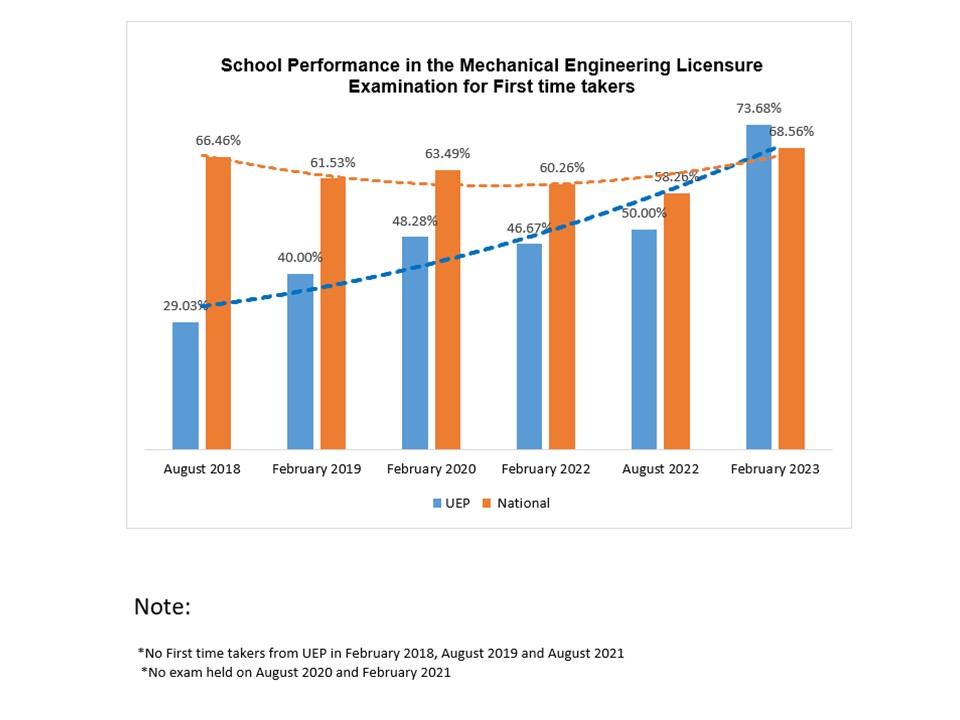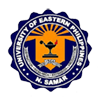What is Mechanical Engineering?
Mechanical Engineering is a profession that concerns itself with mechanical design, energy conversion, fuel and combustion technologies, heat transfer, materials, noise control and acoustics, manufacturing processes, rail transportation, automatic control, product safety and reliability, solar energy, and technological impacts to the society. Mechanical engineers study the behavior of materials when forces are applied to them, such as the motion of solids, liquids, gases, and the heating and cooling of objects and machines. Using these basic building blocks, mechanical engineers design space vehicles, computers, power plants, intelligent machines and robots, automobiles, trains, airplanes, furnaces, and air – conditioners. Mechanical engineers work on jet engine design, submarines, hot air balloons, textiles, and new materials, medical and hospital equipment, refrigerators, and other home appliances. Anything that is mechanical or must interact with another machine or human being is within the broad scope of Mechanical Engineering. (CMO 97 s 2017)
Program Educational Objectives
Within 3 – 5 years after graduation, the program expects that the Mechanical Engineering graduate will:
- Be able to provide a solid foundation in science and mathematics.
- Be able to provide an in-depth understanding of the engineering process and develop the ability to integrate a new computing tools and engineering processes.
- Be able to place emphasis on creative thinking and development concern for the environment.
- Be able to create awareness of ethical issues in Mechanical Engineering and develop the ability to relate Mechanical Engineering to other disciplines.
- Be able to undertake scientific/technical research, extension, and production consistent with the development needs of the society.
Program Outcomes
A graduate of the Bachelor of Science in Mechanical Engineering Program must attain:
- The ability to apply knowledge of mathematics and sciences to solve complex Mechanical Engineering problems;
- The ability to design and conduct experiment as well as analyze and interpret data;
- The ability to design a system, component, or process to meet desired needs within realistic constraints, in accordance with standards;
- The ability to function in multidisciplinary and multi-cultural teams;
- The ability to identify, formulate, and solve complex engineering problems;
- The ability to understand professional and ethical responsibility;
- The ability to communicate effectively both Filipino and English Languages;
- The ability to understand the impact of mechanical engineering solutions in a global, economic, environmental. and societal context;
- The ability to recognize the need for, and engage in life – long learning;
- The ability to know contemporary issues, technical trend and intellectual property rights (IPR);
- The ability to use techniques, skills, and modern engineering tools necessary for mechanical engineering practice;
- The ability to know and understand engineering and management principles as a member and a leader of a team, and to manage projects in multidisciplinary environment;
- The ability to engage in physical and recreation activities and healthy lifestyle.
MECHANICAL ENGINEERING LICENSURE EXAMINATION RESULT FOR FIRST TIME TAKERS





